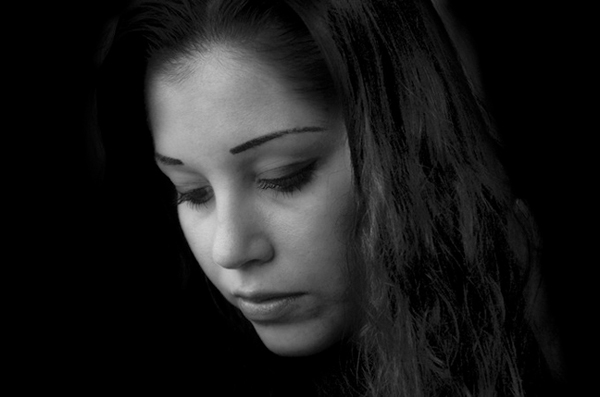- La Feria Community Holds Succesful Business Mixer Event
- Little Nashville to Take Place in Downtown Mercedes
- Lions Basketball Captures District Gold
- La Feria ISD Students Compete in Regional Chess Tournament
- Lions End First Half of 32-4A on a High Note
- La Feria ISD Held Another Successful Parent Conference
- Strong Appearance for Lions at Hidalgo Power Meet
- LFECHS Students Get to Meet Local Actress
- Students Participate in Marine Biology Camp
- Two LFECHS Students Qualify for All-State Band
Mental-Health Tips Offered for Returning Santa Fe Students
- Updated: June 8, 2018

The majority of people who commit violent acts don’t have a diagnosable mental-health condition, but survivors face risks. Photo: Pxhere
by Eric Galatas
SANTA FE, Texas – As Santa Fe High School students head back into the classroom today, mental-health experts want them to know that help is available.
Holly Doggett, the executive director of the Texas chapter of the National Alliance on Mental Illness, says students headed back into classrooms may experience PTSD symptoms similar to veterans coming home after combat. She says it’s critical that students understand that they don’t have to go through this alone.
“Those behavioral symptoms can include agitation, irritability, social isolation and even self-destructive behavior,” she says. “And some may experience flashbacks and severe anxiety. ”
Doggett feels it’s important for school officials to establish ways for students to comfortably talk about the way they’re feeling. She says parents can do their part by letting kids know they’re there for them and sharing their own feelings and anxieties in constructive ways.
A host of resources can be found online at NAMI.org, where there’s a section specifically for teens and parents.
A big reason people don’t ask for help is due to the stigma associated with mental-health issues. Doggett notes that while some politicians and public officials have linked mass shootings to mental illness, the vast majority of people who commit violent acts don’t have a diagnosable mental-health condition.
“People who have a mental-health condition are much more likely to be the victims of violent crimes than they are to actually perpetuate violent crimes,” she notes. “And if there is harm involved, it’s often against themselves and not others.”
Doggett encourages students to be on the lookout for their peers who might need help, but she says self-care is also important. There’s a reason on an airplane why you’re instructed to put your oxygen mask on first, Doggett says, if you’re not taking care of yourself it’s hard to take care of others.
She adds each individual experiences trauma differently, so be patient with each other; there’s no “right way” to respond to an event like this.
“It’s normal to grieve,” she adds. “It’s OK to be anxious about going back to school. We don’t go back to exactly the way we were before, in terms of what’s normal. But you can get back to a new normal.”


